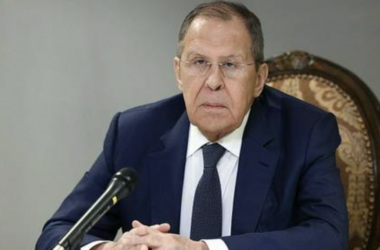Bulgaria’s Parliament has declined to authorize a bilateral security agreement with Ukraine, marking a significant shift in the position of Boyko Borissov, the former Prime Minister and leader of the GERB party.
Borissov, who had previously supported military aid to Ukraine, has now expressed reservations about such agreements, citing changing circumstances in Europe and calls for peace negotiations.
The current interim Prime Minister, Dimitar Glavchev, had earlier committed to joining other EU countries in signing security agreements with Ukraine. It was anticipated that he would formalize the deal with Ukrainian President Volodymyr Zelensky during a Brussels visit. However, the interim government deferred to Parliament, where GERB holds the majority.
Bulgaria is one of six EU countries—alongside Hungary, Austria, Slovakia, Malta, and Cyprus—that have not signed bilateral agreements with Ukraine. While GERB has historically supported military aid as part of its pro-Western platform, Borissov now argues that the dynamics have shifted.
“Six months ago, we would have categorically supported such a deal,” said Borisov, adding, “Today, such support is equivalent to ‘buying a factory on September 9.'” The phrase references a historical event in Bulgaria on September 9, 1944, symbolizing a poor decision during a time of upheaval.
Borissov cited ongoing discussions in Europe and the United States about fostering peace in Ukraine as a reason for GERB’s changed stance. He emphasized the need for a “regular government” to negotiate and sign any agreements to ensure they are “mutually beneficial.”
However, Borissov did not elaborate on what he considered the shortcomings of the proposed agreement. When questioned about the possibility of a government involving the Socialist Party (BSP)—a staunch opponent of military aid to Ukraine—supporting such a deal, Borisov replied: “If the agreement is mutually beneficial, no side will object.”
The BSP, which holds only 20 of the 240 seats in Parliament, could play a pivotal role as a coalition partner in a GERB-led government.
This development underscores the complex dynamics in Bulgarian politics as the nation navigates its commitments within the EU and its stance on the Ukraine conflict.




